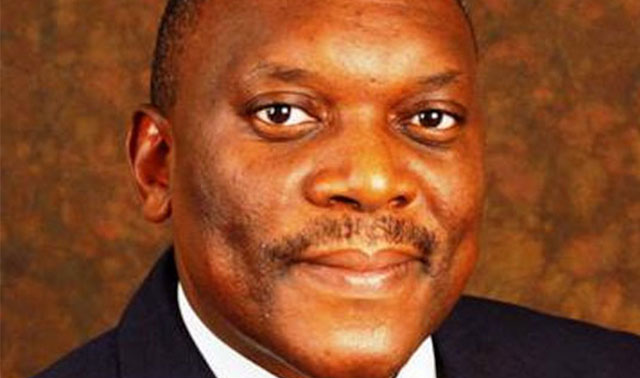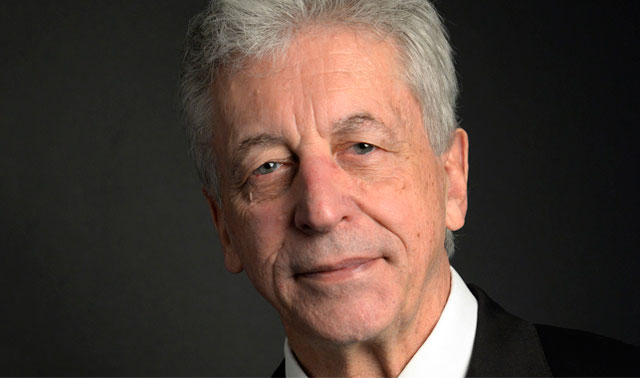 Free Market Foundation executive director Leon Louw made a number of misleading claims and inaccurate statements in a recent column published on TechCentral regarding engagements around the national integrated ICT policy white paper.
Free Market Foundation executive director Leon Louw made a number of misleading claims and inaccurate statements in a recent column published on TechCentral regarding engagements around the national integrated ICT policy white paper.
Firstly, telecommunications & postal services minister Siyabonga Cwele has held five engagements with role players in ICT sector on the implementation of the policy since the cabinet approved it back in September 2016.
The engagement on 17 February 2017 was, in fact, the fifth one of these and not the second as alleged in Louw’s column.
It is perplexing how Louw concludes that there was no industry support for the implementation of the wholesale open-access network (Woan) from the participants at the 17 February meeting.
Louw attended the meeting and was witness to the fact that three organisations made presentations that supported the Woan, leading to a lively debate from all delegates.
It is therefore incorrect and improper to state, as the author does, that “the minister’s disingenuousness does not reflect the truth”.
For example, the six large licensed telecoms operators proposed a model for implementing the Woan that covered ownership, licensing, sustainability, operating model and resources.
They also made commitments in areas of transformation, licensing, sustainability, the operating model and resources.
The South African Communications Forum, meanwhile, said it generally supports the concept of open-access networks, diversity of ownership and increased competition, subject to certain conditions, including that the Woan needs to have viable return (it must be sustainable) and it must support access to facilities on commercial terms.
Smile Communications, a black, female-owned operator that conducts business on the continent but not in South Africa because it does not have access to spectrum, said that it supports the establishment of a Woan in the public interest and said it is a strategic intervention that will change the status quo and increase broadband access at a lower cost for consumers.
Smile also said the creation of a Woan is in the national and public interest because it facilitates the cost-effective and efficient use of spectrum, which is a scarce national resource, due to the amount spectrum it is assigned. It allows a single entity to play a strategic role by driving down data costs, increasing wireless broadband access and being a key input to increasing uptake and usage by consumers.
It is not clear what more Louw would like to see as a demonstration of support. Perhaps, it would help if he were to identify the businesses on whose behalf he purports to be speaking because the industry engagement had representatives from government, people with disabilities, ICT business leaders, SMMEs, industry associations, the National Consumer Commission and labour.

Equally unreasonable are suggestions that the policy effectively nationalises a private industry, creates a government monopoly, proposes to expropriate private property and scraps independent regulator Icasa.
The policy has more than 50 000 words. Neither “expropriation” nor “nationalisation” appear anywhere in the document.
The author sounds unclear about the status of the policy, which is final. The consultations now taking place are to conclude an implementation plan for the policy.
Wide and public consultations have been the hallmark of our work that have yielded the ICT policy right from the start in April 2012 right through to September 2016 when cabinet approved it. We will continue to engage on its implementation. The implementation plan will also be a product of thorough consultation and we expect to be able to take it to cabinet before the end of March 2017.
The government has no intention of being involved in the Woan. That will be the role of the private sector, and the industry players — through their proposals — appear to understand this point.
A regulatory impact assessment has been replaced by the Socio-Economic Impact Assessment System (SEIAS) in line with a cabinet directive. The SEIAS report on the ICT white paper, which is available on the department’s website, was approved by the department of performance, monitoring & evaluation and accordingly submitted with the policy document before it was approved by cabinet.
It is beyond question that the policy proposes radical changes to the current status quo. The policy is as radical as it is regenerative in that it opens up opportunities for more players to participate, thereby growing the size and recalibrating the boundaries of the sector. It presents a modern view of how to transform the sector and unlock the sector’s potential.

This week, the GSMA, an organisation that describes itself as “a trade body that represents the interests of mobile operators worldwide” is hosting the Mobile World Congress in Barcelona.
GSMA chairman Sunil Bharti Mittal is reported to have said that network operating companies and mobile companies should separate themselves. “You build one massive network from which everyone is served. [The] benefit is that it is not just lower investment in capex but your spectrum efficiency also rises significantly. The need for base stations is halved immediately,” Mittal is quoted as having said.
Both the National Development Plan and South Africa Connect refer to open access as the basis of the future market structure for the ICT sector. The call for open access was also included in the report of the ICT Policy Review Panel, which was appointed by the department to advise on the development of the final policy. In addition to the work of the panel, we also undertook international benchmarking with countries which have implemented or seek to implement open-access networks as a mechanism to address public safety, broadband roll-out, limitations with scarce spectrum resource, competition, remove barriers to entry through introduction of mobile virtual network operators, and market failures.
The white paper seeks to ensure that access to modern information and communications infrastructure and services is enjoyed by all South Africans. We must ensure that we facilitate universal access to infrastructure and services to ensure that we all enjoy equitable benefits of the inclusive information society that we are building, in fulfilment of the National Development Plan goals.
Consultations on the implementation of the ICT Policy continue.
- Siya Qoza is the spokesman for telecommunications & postal services minister Siyabonga Cwele

